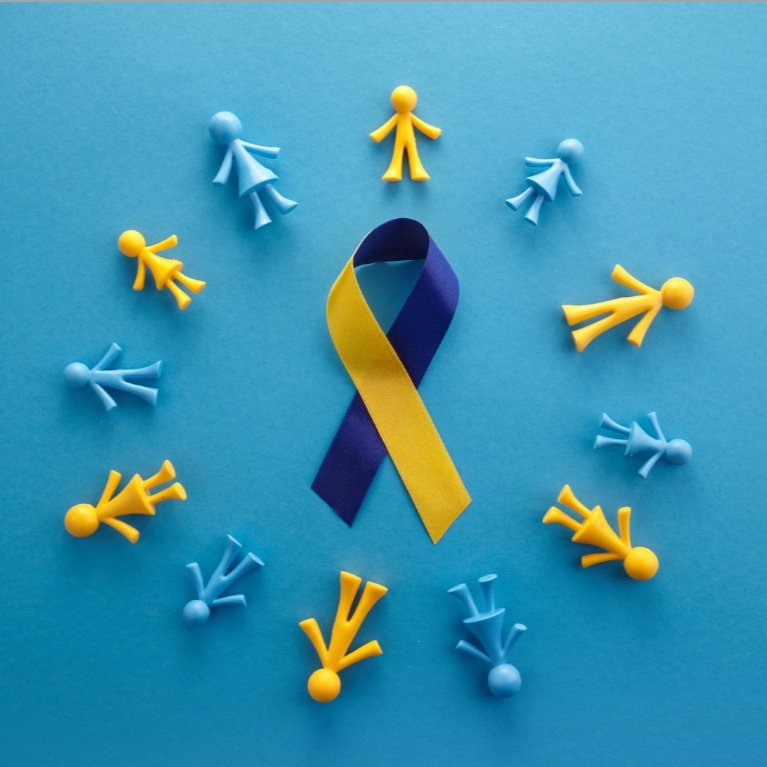Music Therapy & Beyond Podcast
A music therapy informed podcast hosted by Giving Song. Each week we bring you different segments all inspired by our broad range of interests and passions. Our vision for this platform is to support the field of music therapy, encourage wellness, and foster a community of learning.
Did you know we just opened a shop?
Check it out HERE
-

Learning
1st week of the month is focused on consulting research, literature, and experts to support continuing education around music therapy.
-

Clinical
2nd week of the month is devoted to in-depth clinical learning and sharing including best practices, ideas, and resources.
-

Wellness
3rd week of the month is all about wellness. Research, helpful tips & tricks, resources….your health & wellness matter!
-

Music
4th week of the month is the language we know best….MUSIC! Musician spotlights, resources, songs, instruments, skill building, and so much more!
Effective Data Collection for Clinicians with JD Hogue, MS & MM, MT-BC | #86
Today, we speak with JD Hogue, a statistician and music therapist, to discuss the relevance of effective data collection as a clinician. JD shares how effective data collection and communication is crucial for advocacy and improving your practice.
Music Therapy with Individuals with Down Syndrome | #82
October is Down Syndrome Awareness Month! This week we are celebrating what it means to be differently abled and how music therapy can support the abilities and needs of those with Down Syndrome.
Intergenerational Music Therapy | #78
Today Ellisa discusses literature on intergenerational music therapy. This kind of programming is the bringing together of multiple generations in a group music therapy setting. From cognitive stimulation, to physical function to social connections, music can bridge the gaps and make a common ground for amazing intergenerational experiences.
Research Article: IEP Team Perceptions of Music Therapy | #34
This week’s learning comes from a recent article published in the Journal of Music therapy: "Individualized Education Program Team Members’ Perceptions of Music Therapy: An Interpretivist Investigation" by authors Rebecca West, PhD, MT-BC, Amy Furman, MM, MT-BC, Michael J Silverman, PhD, MT-BC.
Article Review: “Playing with Chaos” | #23
I will leave you with a final quote from the authors “it is possible that these young people are more familiar and comfortable with chaos than we are as music therapists. It may then be counter-intuitive to attempt to eliminate chaos so that we can experience ordered, highly structured groups at odds with the environments to which young people return.”





